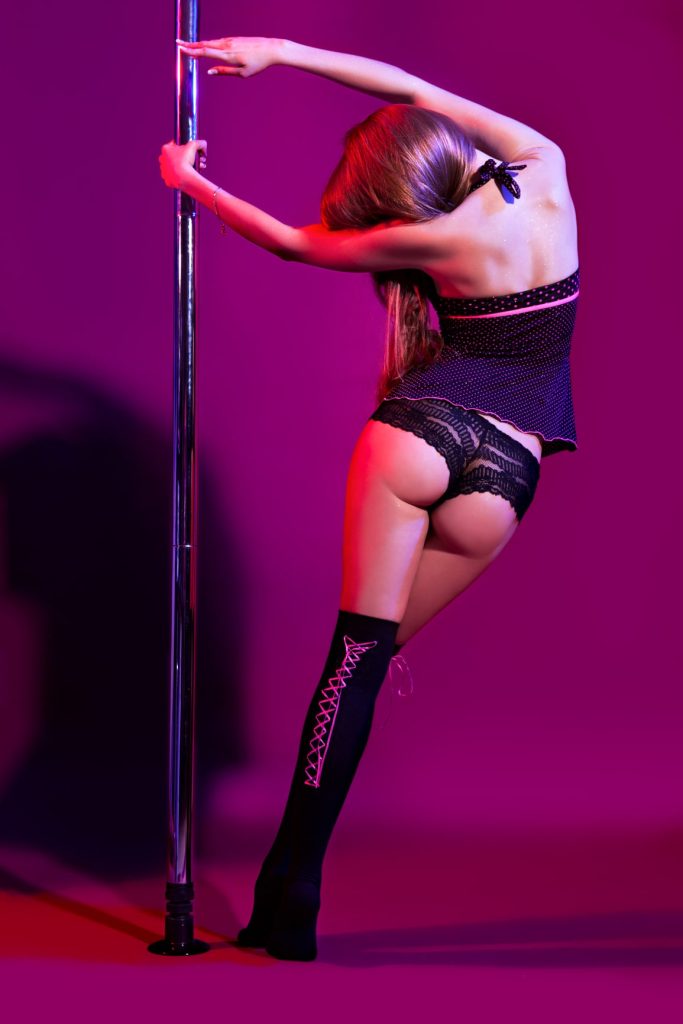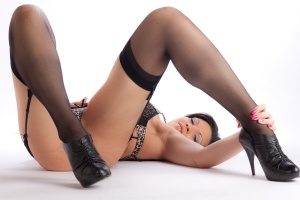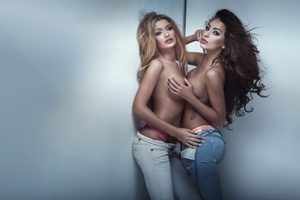Sometimes it can be hard to find the right words to express yourself. Luckily, you can use these clever lesbian quotes to do just that.
These quotes will give you inspiration and motivation to stay true to yourself and your relationship. Whether you’re in a same-sex relationship or have never been in one before, these quotes will inspire you to love more deeply and open up your heart more fully.
Audre Lorde
The American poet and social activist Audre Lorde was a self-described “black, lesbian, mother, warrior, poet,” who dedicated her life to confronting and addressing injustices of racism, sexism, classism, and homophobia. Her writing helped to shape a movement that centered on the importance of intersectional identities.
She was born to Grenadan parents and was raised in New York City. After completing her undergraduate studies at Hunter College, she received a master’s degree in library science from Columbia University.
In 1968 she published her first volume of poetry, The First Cities. That year she left her job as a librarian at Town School Library in New York and became a poet-in-residence at Tougaloo College in Mississippi, witnessing firsthand the deep racial tensions of the time.
Throughout her career, she published many books of poetry and other works of nonfiction that addressed race, gender, sexism, and other issues. Her posthumously published book Sister Outsider is an essential collection of her essays and speeches that shed light on the importance of feminism and justice.
Barbara Gittings
A prolific lesbian activist, Barbara Gittings was a leader in the gay rights movement and was one of the first to call for equal rights for all. She founded the New York chapter of Daughters of Bilitis, edited the DOB magazine The Ladder and worked with Frank Kameny on the first picket lines outside the White House and other federal offices, a campaign that led to Stonewall in 1969.
She also helped run exhibitions at American Psychiatric Association (APA) conferences to illustrate the full range of lesbian and gay life to psychiatrists who believed that homosexuality was a mental disorder. This work was instrumental in securing the APA’s removal of homosexuality from its list of mental disorders in 1973.
The Barbara Gittings collection documents over half a century of her activism and includes photographs, personal files, and artifacts. Her partner, Kay Tobin Lahusen, was a major contributor to this collection, and both their personal and professional lives are represented.
Tammy Baldwin
Tammy Baldwin, the first woman Wisconsin sent to Congress and the nation’s first openly gay senator, is a powerful political voice. In the Senate, she’s focused on strengthening economic security for working families and protecting earned benefits like Medicare and Social Security.
She’s fought to help people with pre-existing conditions get the coverage they need, led the effort to allow young people to remain on their parents’ health insurance plans until they’re 26, and she worked to support family caregivers.
When the opioid epidemic spread across Wisconsin, she supported local prevention and treatment efforts. And as her Nana grew older, she served as her primary caregiver, which was an incredibly challenging but rewarding experience.
When she was in the House, she worked across party lines to pass bipartisan legislation that helped Wisconsinites with pre-existing conditions, ensured women had access to quality health care and supported family caregivers. She also championed stronger Buy American policies to help our workers, manufacturers and businesses grow here in the United States.
Harvey Milk
As the first openly gay elected official in the United States, Harvey Milk is a celebrated pioneer of civil rights for lesbians and the LGBTQ+ community. His activism, community organizing and politics inspired generations to fight for equal rights.
As a result, Milk is a beloved figure in San Francisco and around the world. He is often seen as a martyr for the gay rights movement and his legacy continues to live on today.
Despite his short career in politics, Milk was a forceful voice in the gay community and led several important anti-discrimination bills. He also served as the head of the city’s Human Rights Commission, a role which earned him national acclaim.
In 1972, he moved back to San Francisco and opened a camera shop on Castro Street, which was becoming the center of the city’s growing gay neighborhood. He began to see injustices in his community and saw an opportunity to use his political skills to create change.


